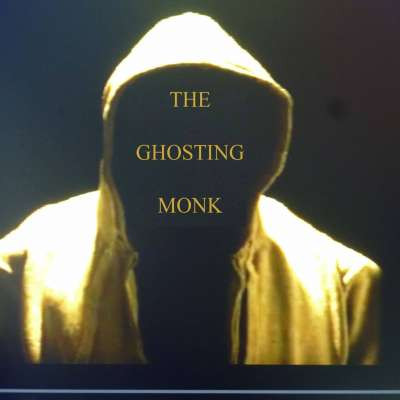Heaven, the Matrix, Dark Matter, and Aliens | Dr. David Kipping | EP 463
Dr. Jordan Peterson sits down with the director of the Cool Worlds Lab at Columbia University, Dr. David Kipping. They discuss the likelihood of finding life elsewhere in the universe, what it means to be a Type I civilization, why Mars is our best chance at interplanetary expansion, the comparative rarity of a solar system like ours, and science fiction concepts, such as the Dyson sphere, which may one day become a reality.
David Kipping is an associate professor of astronomy and director of the Cool Worlds Lab at Columbia University in New York City. He has published over a hundred peer reviewed research articles, spanning the fields of exoplanet and exomoon detection, astrostatistics, astrobiology, and technosignatures. He is also an active communicator of science through his popular YouTube channel Cool Worlds.
This episode was recorded on June 28, 2024
Dr. Peterson's extensive catalog is available now on DailyWire+: https://bit.ly/3KrWbS8
ALL LINKS: https://linktr.ee/drjordanbpeterson
- Sponsors -
Birch Gold: Text "JORDAN" to 989898 for your no-cost, no-obligation, FREE information kit.
Beam: Get 40% off for a limited time! http://www.ShopBeam.com/Peterson
Hallow: Get 3 months free at https://hallow.com/Jordan
- Links -
For David Kipping:
On X https://x.com/david_kipping?re....f_src=twsrc%5Egoogle
Cool Worlds on YouTube https://www.youtube.com/@CoolWorldsLab
- Chapters -
(0:00) Coming up
(0:24) Intro
(2:05) Are we alone in the universe?
(6:32) The Fermi paradox, the flame of consciousness
(9:48) Why scientists don’t like the idea that we might be special, the weak anthropic principle
(12:45) The experience of the observer, what other forms life might take
(17:03) The mediocrity principle, the most common types of planets in the universe
(21:34) Why look for life on Mars? If it’s anywhere, it’s everywhere
(25:12) Civilizational types: where we rank
(29:29) The study of exoplanets: how we find them and what they tell us
(37:00) Delayed acceptance, what proved their existence it in 2000
(38:20) Why are “mini-Neptunes” the most common planet in the universe?
(42:03) Our solar system is not the universal template
(43:23) The religious axioms present in the search for life, Grok
(47:06) The overlap of the conceptual and physical heaven
(50:08) The fear of annihilation and the hope of being remembered
(53:21) Dyson spheres: what happens when we become a Type II civilization
(57:06) The possibility of using all of our resources, the limits of computational power
(1:00:45) Would an advanced civilization willingly enter a simulation?
(1:02:57) Immortality and the matrix: Dyson’s eternal intelligence
(1:04:27) Time’s arrow, Hawking radiation, and the heat death of the universe
(1:10:18) We might have disproved the Big Bang
(1:15:44) Dark matter and dark energy
(1:23:26) Quantum theory has disturbing implications
// COURSES //
Discovering Personality: https://jordanbpeterson.com/personality
Self Authoring Suite: https://selfauthoring.com
Understand Myself (personality test): https://understandmyself.com
// BOOKS //
Beyond Order: 12 More Rules for Life: https://jordanbpeterson.com/Beyond-Order
12 Rules for Life: An Antidote to Chaos: https://jordanbpeterson.com/12-rules-for-life
Maps of Meaning: The Architecture of Belief: https://jordanbpeterson.com/maps-of-meaning
#JordanPeterson #JordanBPeterson #DrJordanPeterson #DrJordanBPeterson #DailyWirePlus
0



 Styxhexenhammer666
Styxhexenhammer666
 Life_N_Times_of_Shane_T_Hanson
Life_N_Times_of_Shane_T_Hanson
 Gonzo Og
Gonzo Og
 Ozmosis
Ozmosis

 Redacted News
Redacted News

 SoloMan Zone
SoloMan Zone
 mrghoster
mrghoster
 David Icke
David Icke

 The David Knight Show
The David Knight Show
 sithsith
sithsith

 Sant77
Sant77

 NPCinthecity
NPCinthecity

 NerokeFive
NerokeFive



Log in to comment